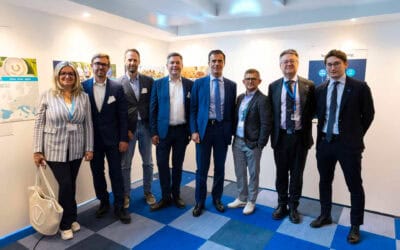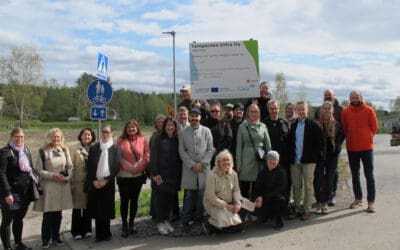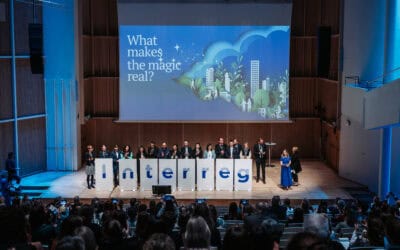After years of persistent negotiations, the Russian Federation, the European Commission, and Germany as the member state hosting the Managing Authority of Interreg Baltic Sea Region have signed a Financing Agreement. This will boost the participation of Russian partners in transnational cooperation projects around the Baltic Sea.
©PantherMedia Stock Agency/denisismagilov
The Financing Agreement
According to the Financing Agreement, the European Commission allocated EUR 4.4 million from the European Neighbourhood Instrument (ENI) to Interreg Baltic Sea Region for Russian beneficiaries. In parallel, Russia earmarked EUR 4.4 million for the Programme budget. The funding rate for Russian partners is up to 85%. All funds will be implemented based on the same set of Programme rules.
“The Financing Agreement indicates that Russia has become an equal and all-rightful member of the Programme. We feel that this is an important step for the Russian Federation as we have now been fully involved in regional processes within the Programme trying to tackle the common challenges of the Baltic Sea together,” says Anna Popova, Deputy Head of the Department for Development and Regulation of External Economic Activities, Ministry of Economy of Russia, who is also member of the Interreg Baltic Sea Region Monitoring Committee.
Jean-Pierre Halkin, Head of Unit for Macro-regional and transnational cooperation in the Directorate-General for Regional and Urban Policy of the European Commission, adds that “cooperation between all countries around the Baltic Sea on concrete projects for a cleaner, better connected and more prosperous region helps to increase the quality of life of our citizens. The Financing Agreement will allow for a funding of Russian project partners from the cooperation programme and will help to bring people in the Baltic Sea region closer together.”
“Commitment to a common objective, persistence, patience, and a lot of flexibility from all parties involved were needed to reach a happy ending to this long story,” emphasises Susanne Scherrer, director of the Programme’s Managing Authority and Joint Secretariat. “We will now focus on supporting project partners to make the best use of the funds available. Time is running.”
Russian participation in Interreg Baltic Sea Region projects
As many as 24 Russian project partners from 15 projects approved in the second call have been awaiting the decision on the Financing Agreement. In total, they applied for EUR 2.9 million. Russian partners are mostly interested in building capacity for innovation and management of natural resources. Most of them are located in the cities of St. Petersburg, Kaliningrad, Pskov, Petrozavodsk and Gatchina.
The Financing Agreement is very timely, as Interreg Baltic Sea Region is accepting applications in the third call until 9 April 2018. This might already be the last opportunity for applicants to expand their partnerships to Russia. For Interreg Baltic Sea Region, for which the culture of cooperation is at the heart of all activities, the possibility to involve Russian partners is of vital importance. It is a step forward in addressing all citizens around the Baltic Sea and in making the region more innovative, better accessible and sustainable – together.







